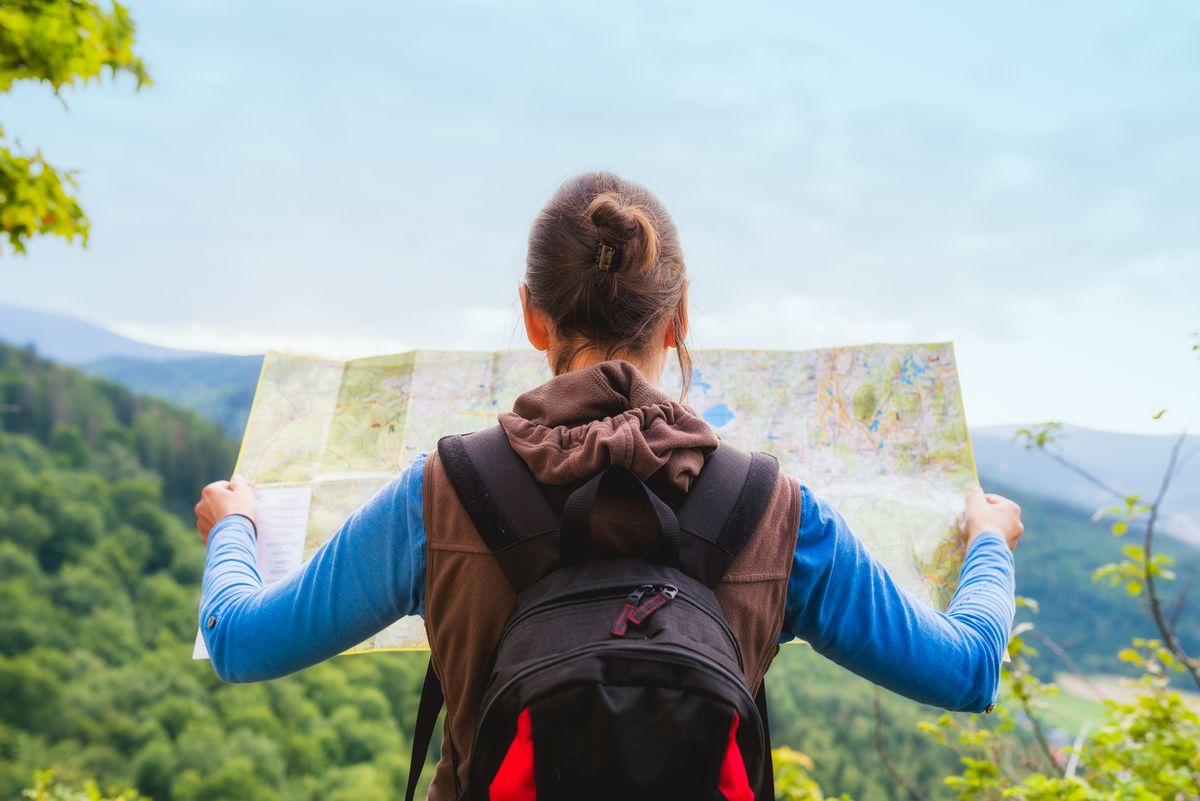UN chief urges efforts to end crisis in Congo
UN Secretary-General Antonio Guterres has called for more efforts to end the crisis in the eastern Democratic Republic of the Congo (DRC).
The 2019 theme for World Tourism Day is “Tourism and Jobs-A Better Future For All.”

( Representational Photo: Getty Images)
September 27 is celebrated as World Tourism Day across the world. Since the 1980’s, the United Nations World Tourism Organisation( UNWTO) has observed the day to raise awareness on the role of tourism in the global community and how it affects social, political and cultural values worldwide.
According to the United Nations, tourists from across the world have grown from 25 million in the 1950s to nearly 1.3 billion today. Similarly, revenue earned by tourist destinations from across the world has grown from 2 billion US dollars in the ’50s to 1260 trillion in 2015. The sector also contributes around 10% of the world’s GDP and 1 in 10 jobs globally.
Advertisement
The 2019 theme for World Tourism Day is “Tourism and Jobs-A Better Future For All.”
Advertisement
In an interaction with Mohit Poddar, Founder of Shoes on Loose, Thestatesman.com spoke to the IITian who quit his lucrative job to pursue his passion for travel. He spoke of women and their presence in the travel sector, not just as travellers but also as personnel on the field, of travelling as an elitist past time among other things.
Has the men to women ratio as far as solo travel or travel in general improved over the years?
In the last few years, we have seen a steady rise in the ratio of women travellers, travelling abroad with their friends or going solo. We have observed this change especially among millennials, where women are becoming financially independent and thus starting to travel at an early age.
How important is it for the tourism industry to have women guides, not at the management level or just desk jobs, but women out there in the field?
In the hospitality industry, women have always been the flag holders. Even when it comes to handling and understanding people or taking control of the situations, women are much more capable. In mature countries where tour- guides are always held in high regard, we see that women guides are more in numbers as compared to men. In India also, there has been a sturdy increase in the number of female guides not only in metropolitan cities but only in major attractions of tier 2 and 3 towns.
Is travelling an elitist past-time?
Earlier, travelling was considered an elitist past time as it was not a necessity but a luxury. However, now with the change in the mindset, people have started considering travel differently. With the changing outlook, the concept of savings and choices in millennials have also evolved. Their life goals are not to save for future but live in the present, and thus travelling has become an essential part of their lifestyle, and not just leisure. These days people travel to explore than to just chill.
For instance, looking at this scenario, there are a lot of NBFCs ( Non-Banking Financial Company) tying up with travel companies to provide easy EMI options for trips. Just like people take loan to buy a house, they are now also taking loans to travel. This shows the changing concept of travel not being an elitist past time.
What would you do in your position or have done to encourage women to participate in the active-travel industry?
Since the inception of the company, we have never defined any gender-based role, and have made sure that equal opportunities are provided to both men and women. In fact, a lot of leading positions in the company are held by women. We have encouraged women to lead our group trips of the size of 40 travellers and they have done it phenomenally well. We don’t restrict any job on the basis of gender.
Nowadays, we see a lot of women in leading positions in the travel industry, which shows that this industry caters equal opportunities for both.
Advertisement